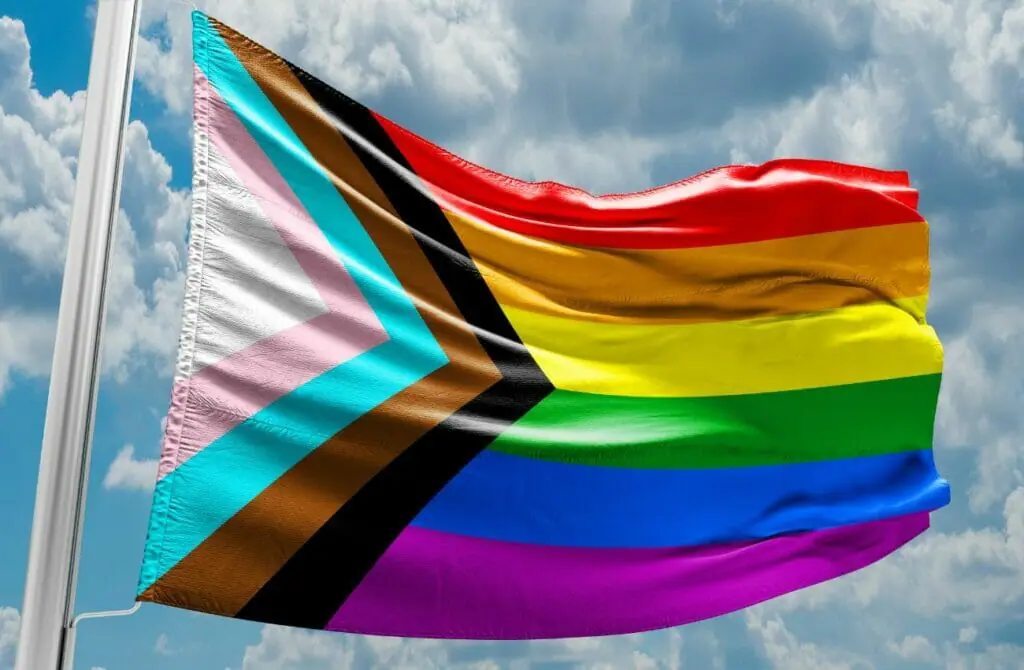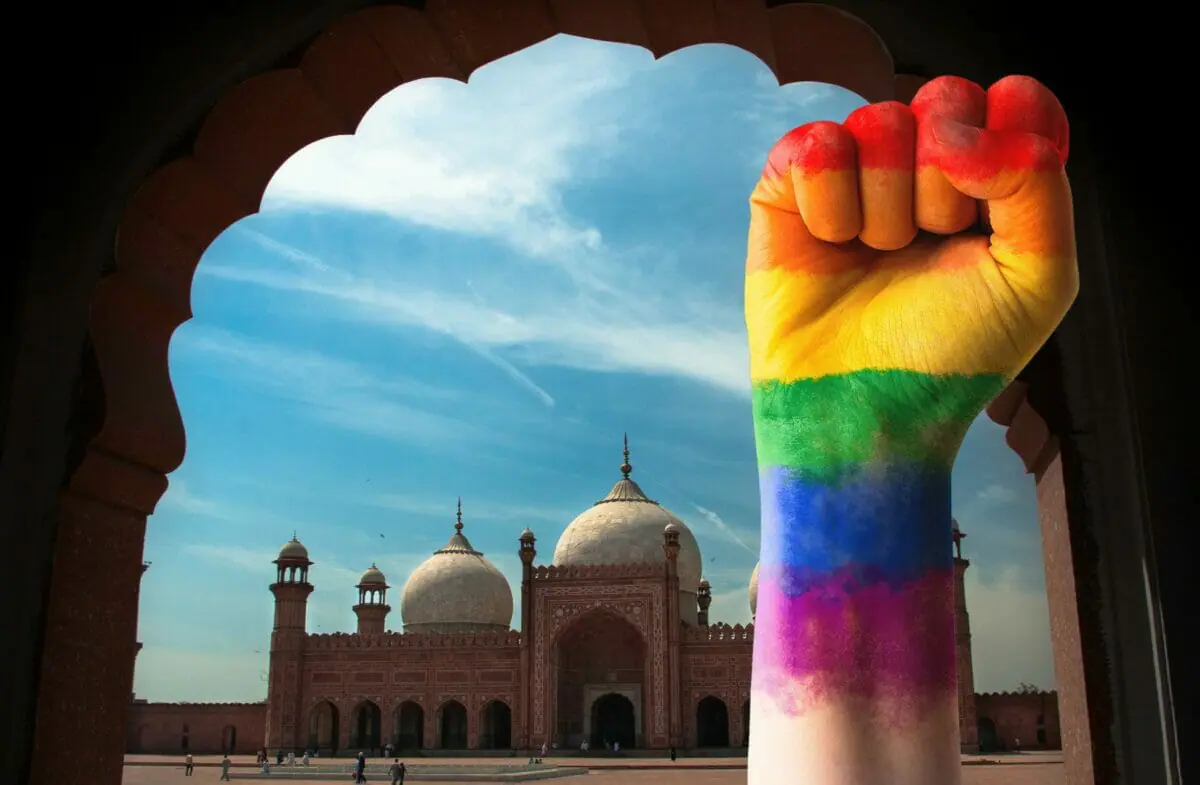Pakistan, a diverse and culturally rich country, has made progress in terms of transgender rights, but the situation for the broader LGBT community – both for its citizens and tourists – remains complex. While the Supreme Court ruled in favor of civil rights for transgender individuals in 2009 and the Transgender Persons (Protection of Rights) Act was passed in May 2018, there are no specific civil rights laws in place to protect LGBT individuals from discrimination or harassment based on their sexual orientation.
As a result, the local LGBT community has had to persist in a self-created sphere, separated from the rest of the population and largely protected by those within it.
For tourists visiting Gay Islamabad, Gay Lahore, or anywhere else in Pakistan, it is important to understand that homosexuality is still illegal in the country and can result in imprisonment. Although the situation for transgender individuals has seen marked improvement, it is crucial for travelers to remain vigilant and cautious while navigating the country’s complex societal norms.
Always be aware of the local laws and adopt a discreet, respectful approach when it comes to discussions or expressions of one’s sexual orientation.
Given that situations can change rapidly and information can become outdated, it is essential for individuals considering travel to Pakistan to seek current advice before planning their trips. As in any country, there may be bad actors, so maintaining vigilance and being aware of any changes in the social and legal climate should be a priority.
Adopting a professional, respectful, and cautious approach will not only protect oneself but also show solidarity with the LGBT community in Pakistan as they continue their fight for greater rights and acceptance.
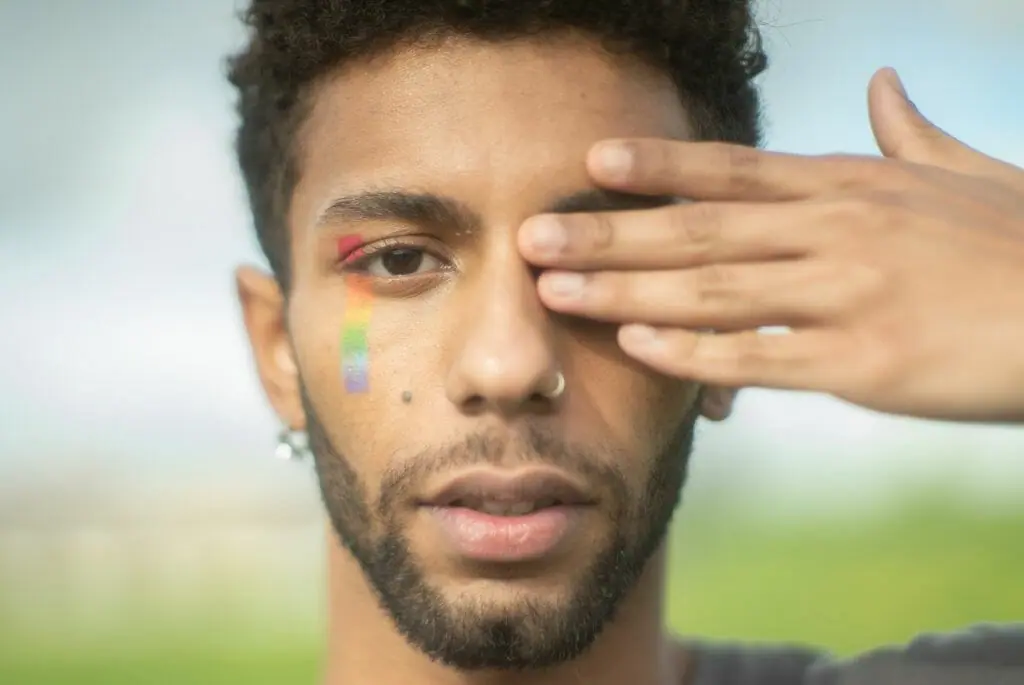

History Of LGBT Rights In Pakistan
The history of LGBT rights in Pakistan is a complex narrative. The Pakistani Penal Code of 1860, developed under the British Raj, criminalizes sodomy, with penalties ranging from two years to life imprisonment and fines. In the 1980s, punishments for homosexuality increased under President General Muhammad Zia-ul-Haq, with the inclusion of Sharia Law in the Penal Code, leading to life imprisonment or even death by stoning.
It is important to understand how LGBT rights in Pakistan impact both local and tourist communities. While homosexual acts remain illegal, they are only sporadically prosecuted by authorities. However, caution should be exercised by both locals and tourists in Pakistan.
In 2018, Pakistan saw a landmark victory in transgender rights with the Transgender Persons (Protection of Rights) Act, which provides fundamental rights to transgender citizens. Despite such advancements, it is necessary for visitors to remain vigilant and be aware of the potential risks associated with their sexual orientation or gender identity within Pakistan.
Precautionary measures for travelers may include refraining from public displays of affection and avoiding discussions about one’s personal life with people they don’t know well. Tourists should also stay alert to their surroundings and keep up to date with the latest information, as situations can change rapidly, and information can become outdated.
It is also crucial for visitors to connect with local LGBT organizations while in Pakistan, as they will have the most accurate information about the situation on the ground and can provide advice on how best to navigate the landscape. Remember that each country has its share of individuals who may not have your best interests at heart, so remaining vigilant is key.
In conclusion, while Pakistan’s stance on LGBT rights may be shifting, it is crucial for travelers to stay informed, prioritize their safety, and engage with local organizations to ensure a safe and enjoyable experience in the country.
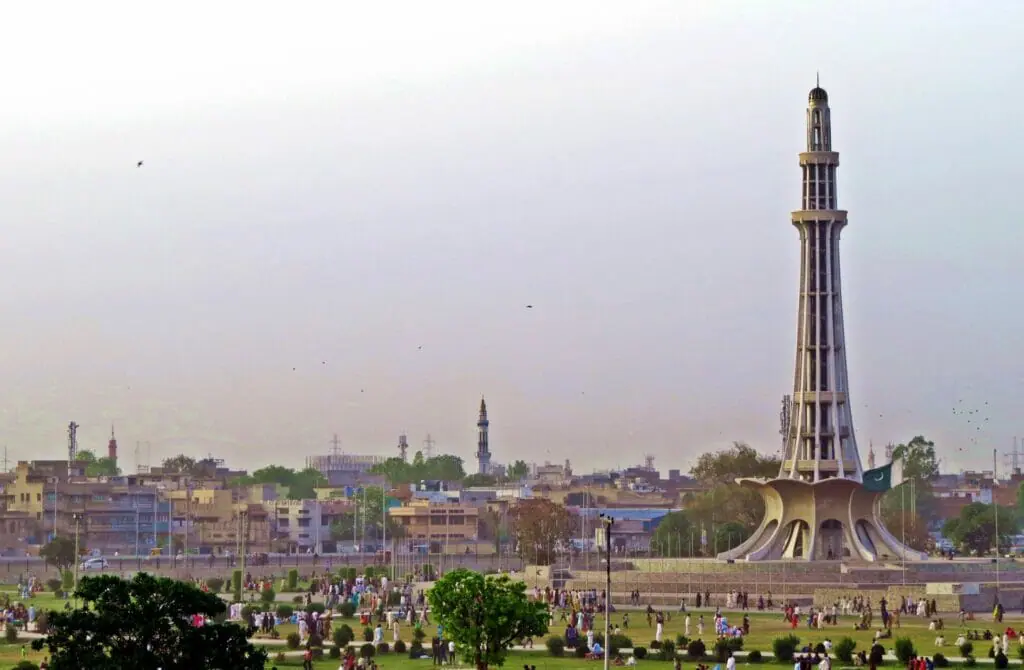

The LGBT Current Situation In Pakistan
Pakistan is a predominantly conservative country with a complicated stance on LGBT rights. Local LGBT individuals continue to face challenges due to a mix of British law and Islamic law present in the country’s Penal Code. Same-sex sexual activity has remained criminalized since 1860, significantly impacting the lives of LGBT locals.
For tourists, it’s vital to understand that the situation might be different. While Pakistan has made some strides regarding trans rights, the general acceptance for the broader LGBT community is low. As a traveler, you may experience fewer direct legal challenges, but it’s essential to exercise caution by being discreet about your identity and relationships to avoid unwanted attention or potential consequences.
To ensure your safety and protect yourself, it’s crucial to connect with local LGBT-affiliated organizations, research current laws and stay updated on any recent changes or incidents. As an LGBT activist, I strongly encourage you to familiarize yourself with culturally appropriate behaviors and attire while in Pakistan. Maintaining a low profile, particularly in regard to public displays of affection, will help minimize potential risks.
It’s also important to remember that circumstances can change quickly, and information may be outdated. Always seek current advice before traveling and be prepared for unexpected challenges. Pakistan is a diverse country, with different levels of tolerance in different regions, cities, and communities. Consequently, your experience may vary depending on where you go.
In conclusion, remain aware of the complex and evolving situation for LGBT rights in Pakistan. Local LGBT people face significantly more challenges than tourists, but it’s still vital for travelers to exercise caution. By staying informed and vigilant, you can navigate the country with the necessary knowledge and safety measures in place.
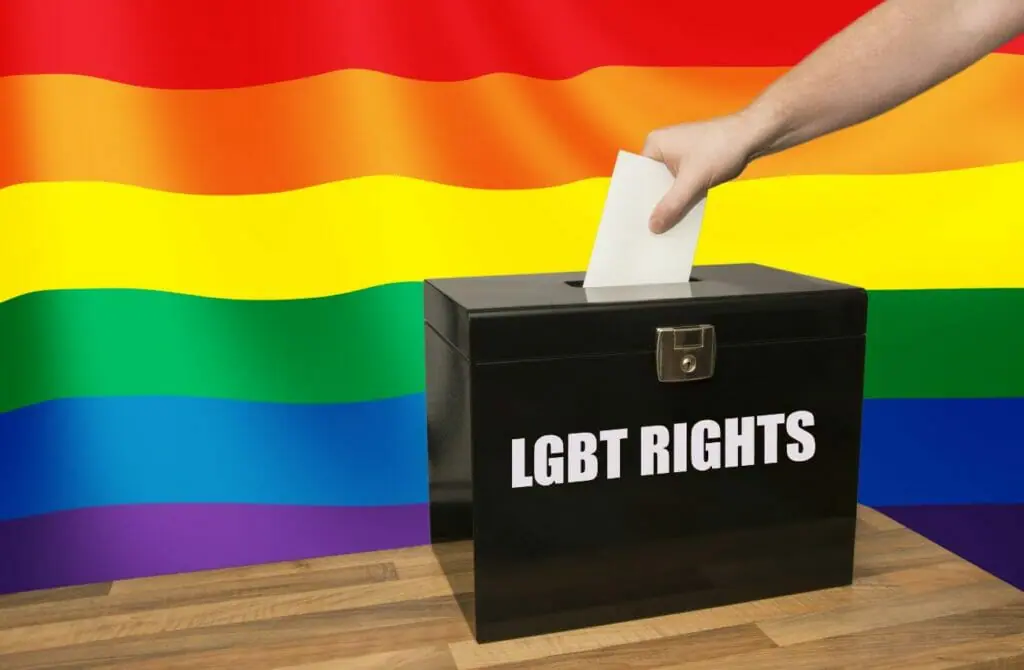

The Future For The Queer Community In Pakistan
As an LGBT traveler in Pakistan, it is crucial to discuss the future of LGBT rights in Pakistan and how they affect local people versus tourists. While Pakistan has made some progress in addressing transgender rights, such as enacting a law prohibiting discrimination against transgender people in schools in recent years, the overall situation for the broader LGBT community remains concerning.
For local people, progress towards LGBT rights has been slow and fraught with challenges. In 2018, the Transgender Persons (Protection of Rights) Act was enacted, but core sections were struck down by the Federal Shariat Court in May 2021. This has dealt a significant blow to the rights of transgender individuals that are part of the broader queer community in Pakistan.
Despite some improvements in legislation, cultural and social attitudes towards gender and sexuality still adhere to a dichotomous interpretation, and institutional discrimination persists in many sectors.
Tourists visiting Pakistan should be aware of the limited legal protections for the LGBT community. While high-profile cases of discrimination or violence may not be as frequent as they are for local individuals, it is crucial for visitors to err on the side of caution and remain vigilant when navigating their travel experiences.
If you are an LGBT traveler visiting Pakistan, it is critical to take steps to protect yourself. Dress conservatively, avoid public displays of affection, and be discreet about discussing your sexual orientation or gender identity, especially in public settings. When traveling within the country, maintain a low profile and avoid attracting unnecessary attention to your personal life.
Please note that situations can change quickly, and information may become outdated. Always seek current advice before traveling and use discretion in your interactions. While painting an accurate picture of present realities is paramount, it is essential to acknowledge that attitudes and legal protections can evolve over time. Remain vigilant, stay informed, and stay safe as you explore Pakistan’s vibrant culture and history.
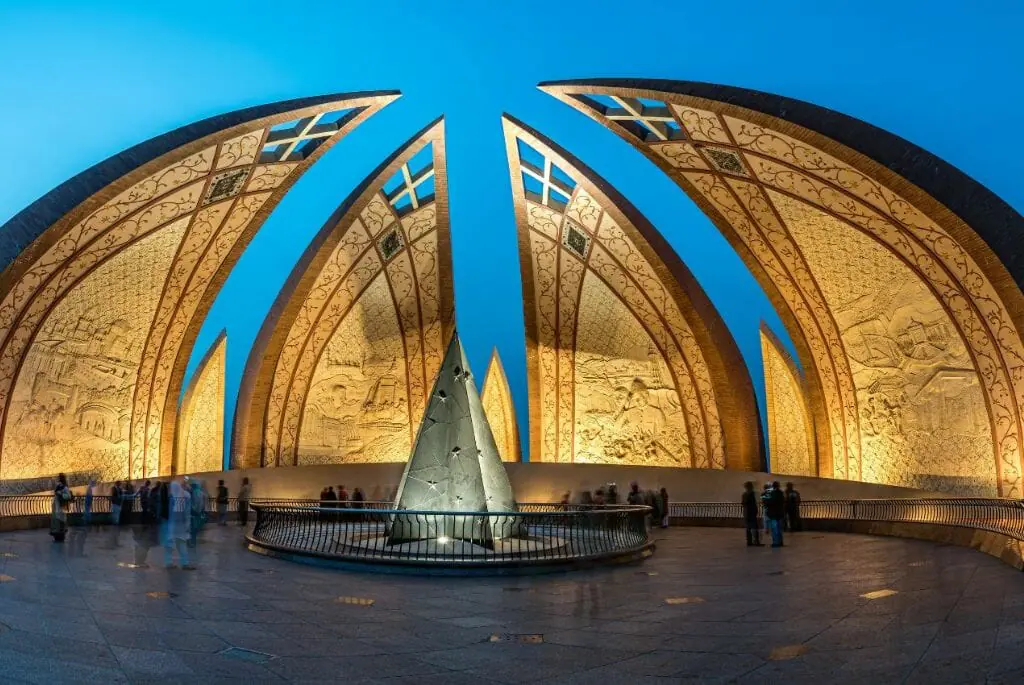
Protect Yourself While Travelling In Gay Pakistan
As a traveler visiting Pakistan, it is essential to stay informed about the local LGBT rights situation and take necessary precautions to protect yourself. While Pakistan has progressed in recent years, such as with the passage of the Transgender Persons (Protection of Rights) Act in May, the situation for LGBT individuals can still be challenging.
For local Pakistanis, the challenges are more significant, as they face potential discrimination and criminalization of same-sex relations under the inherited British colonial law Penal Code section in force since 1 January 1862. In contrast, tourists may not face the same level of scrutiny or potential legal consequences.
To ensure your safety and well-being while in Pakistan, consider the following steps:
- Stay informed: Keep yourself updated on the current situation regarding LGBT rights in Pakistan. Monitor news and developments before and during your trip, as situations can change rapidly. Information can sometimes be outdated, so seek advice from reliable sources before traveling.
- Be discreet: Exercise discretion and avoid public displays of affection, particularly with people of the same sex. The level of acceptance and tolerance differs across various regions, with urban areas likely being more open-minded than rural communities.
- Connect with local LGBT organizations: Engage with local LGBT community members and activists who can provide firsthand information on the current state of affairs, as well as recommendations for safe spaces and resources.
- Remain vigilant: As with any country, there are always bad actors and individuals who may intend harm. Be cautious, trust your instincts, and stay alert during your time in Pakistan.
Always remember that situations can change, and it is essential to remain aware and cautious while traveling. By following these guidelines and staying informed about the local context for LGBT rights in Pakistan, you can enjoy a safe and enriching journey.
